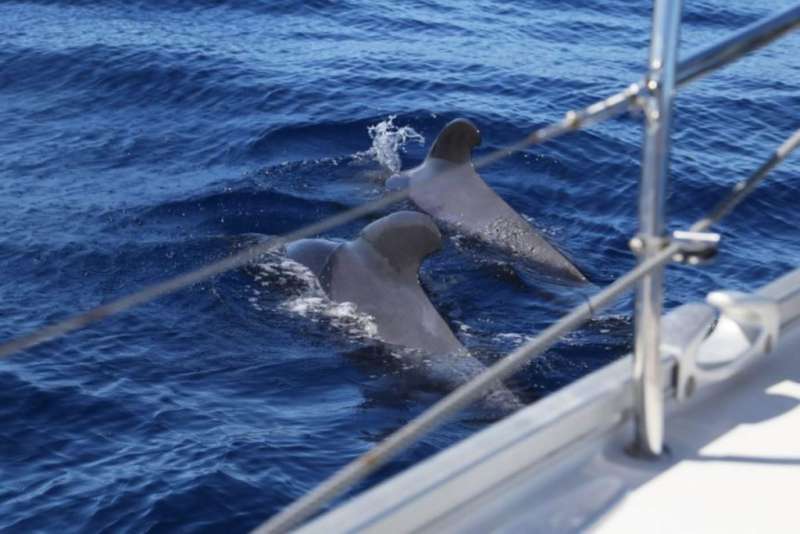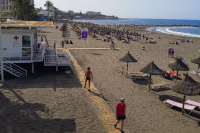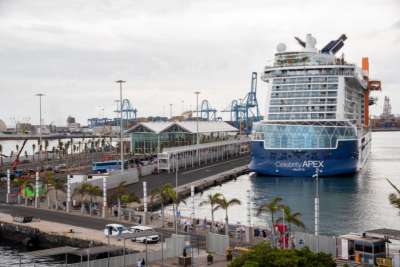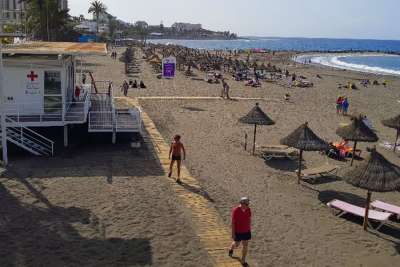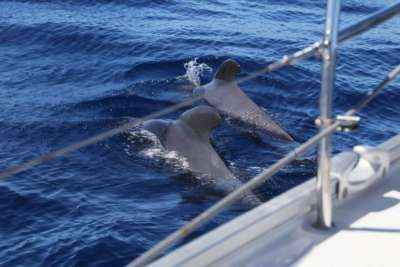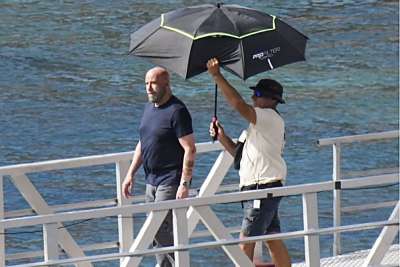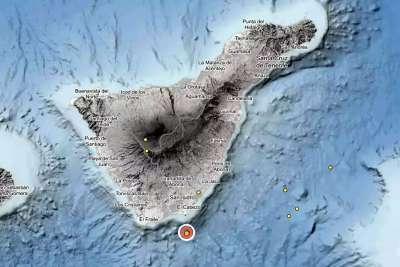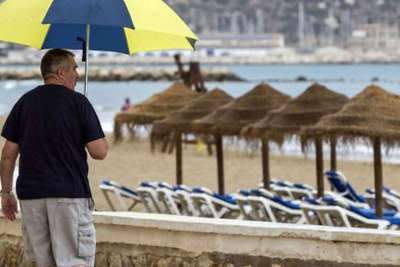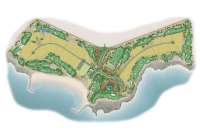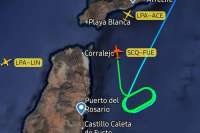Tenerife tops illegal whale watching reports in the Canary Islands
- 03-10-2025
- Tenerife
- by Canarian Weekly
- Photo Credit: Turismo de Tenerife
Tenerife has recorded the highest number of illegal whale and dolphin watching activities in the Canary Islands, with almost 200 official actions taken against irregular practices. The figures, released yesterday by the regional Department of Ecological Transition and Energy, highlight growing concerns about the pressure tourism is placing on the island’s marine life.
The protected Teno-Rasca marine area, just a mile from the busy southern coastline, is home to one of the world’s most important populations of resident pilot whales. Its close proximity to tourist hotspots like Los Cristianos and Costa Adeje, makes it especially vulnerable to overcrowding from boat trips, fishing, and leisure activities.
While most whale watching tours are authorised and follow strict guidelines, inspectors warn that illegal operators continue to put both visitors and marine life at risk. Tourists are reminded that swimming with whales or dolphins is strictly forbidden. In fact, the Guardia Civil recently fined seven visitors for jumping into the sea alongside a pod of cetaceans.
Other common offences include fishing in protected areas, anchoring on fragile seagrass meadows, and carrying out diving activities without a licence. Since 2018, inspectors have issued more than 1,700 sanction proposals to authorities.

Officials stress that Tenerife’s marine environment is a natural treasure that must be protected. Mariano H. Zapata, Minister for Ecological Transition and Energy, said: “We are committed to ensuring our sea remains rich in biodiversity and is enjoyed responsibly.”
Tourists are encouraged to book whale watching excursions only with authorised companies, which display a distinctive yellow flag issued by the Canary Islands government. These operators follow strict rules designed to safeguard both visitors and the animals.
The regional government plans to strengthen monitoring with new technology such as AI-powered coastal cameras, but ultimately, visitor behaviour is key. As biodiversity chief Asunción Delgado explained: “Our presence at sea not only enforces the rules but also raises awareness. Tourists play an essential role in protecting these incredible species.”
Other articles that may interest you...
Trending
Most Read Articles
Featured Videos
A Vision of Elvis Tenerife Promo
- 10-05-2025
Tenerife Travel Guide
- 13-12-2024
Live webcam from Lanzarote airport
- 13-12-2024


